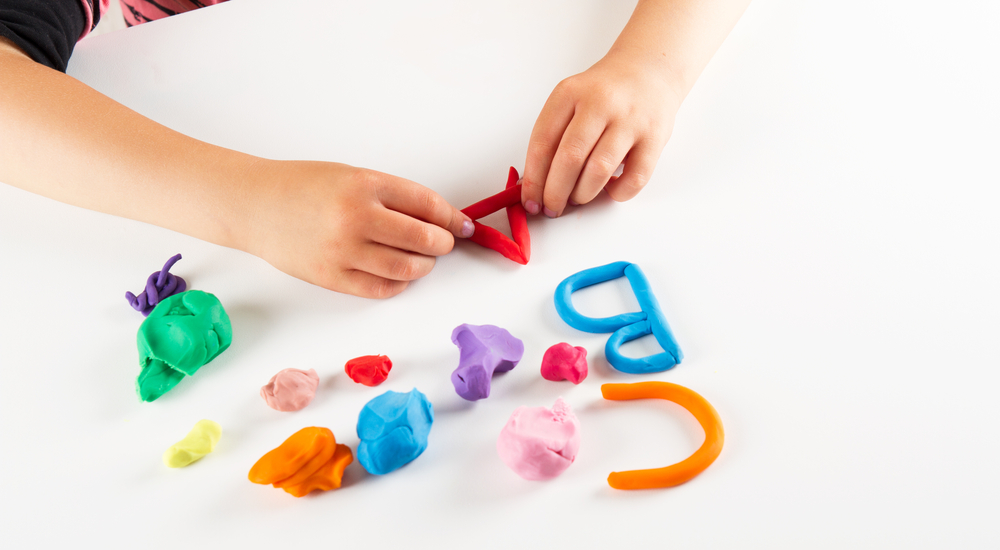Normal Fairy Tales worksheets activities for Ages 3-6
29 filtered results
-
From - To
Discover the enchanting world of fairy tales with our engaging Normal Fairy Tales worksheets designed for ages 3-6! These interactive activities spark imagination and enhance early literacy skills through colorful illustrations and fun exercises. Your little ones will enjoy exploring classic tales while developing critical thinking, vocabulary, and comprehension skills. Each worksheet is crafted to encourage creativity and make learning enjoyable. From matching characters to coloring scenes, our fairy tale activities offer a magical way for young learners to express themselves. Dive into a realm of fantasy and education that will delight both parents and children alike!
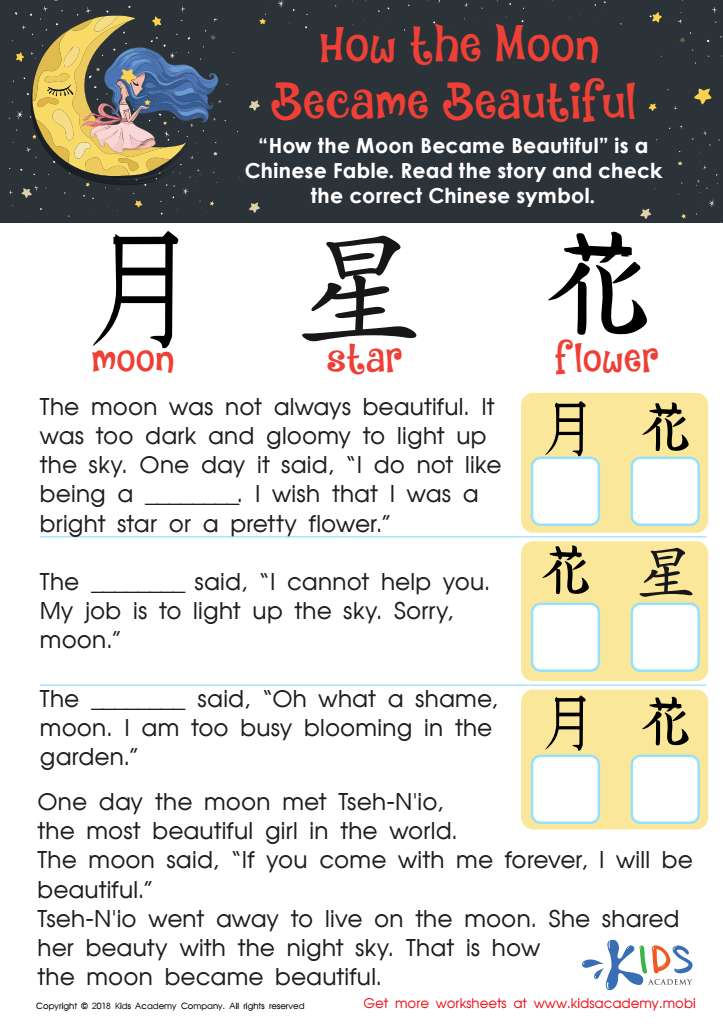

How the Moon Became Beautiful Worksheet
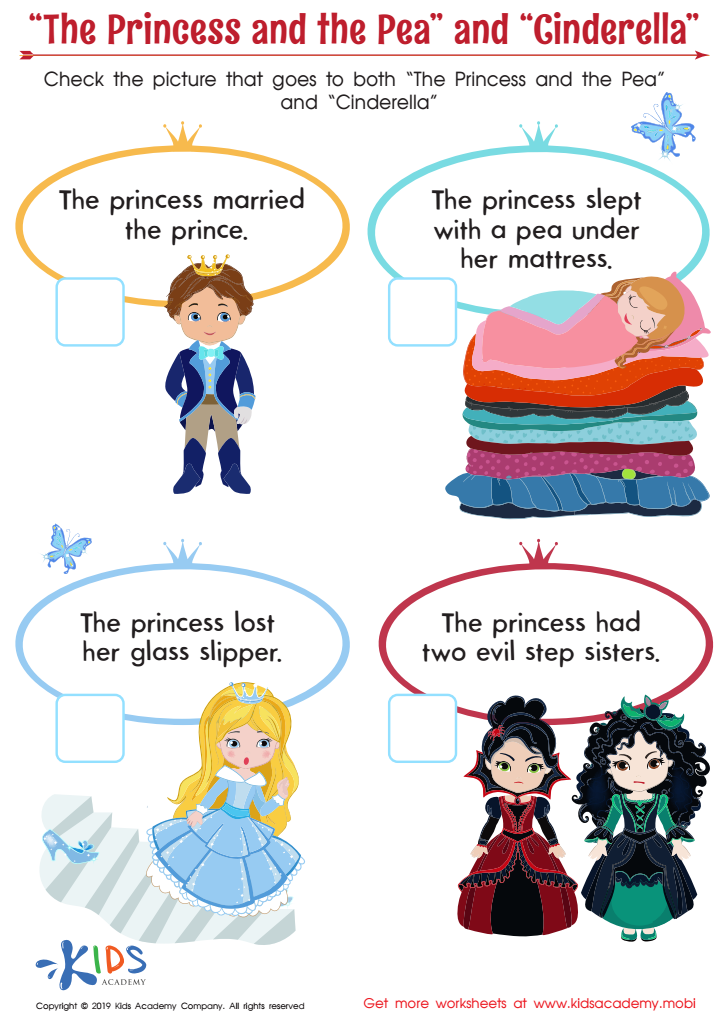

“The Princess and the Pea” and “Cinderella” Worksheet
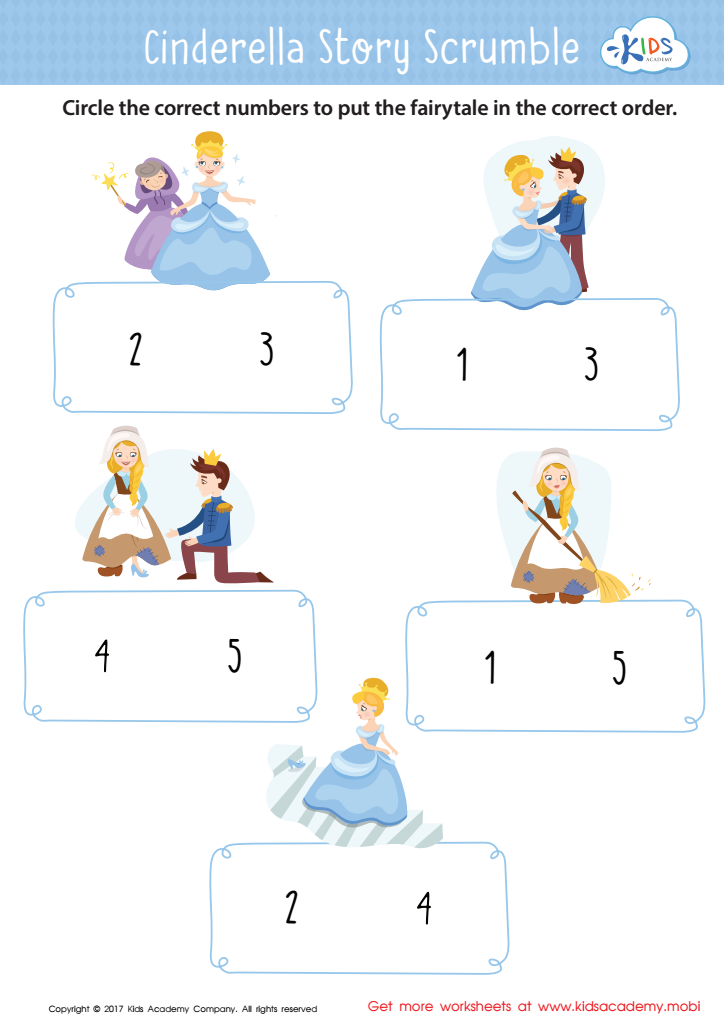

Cinderella Story Sequencing Worksheet
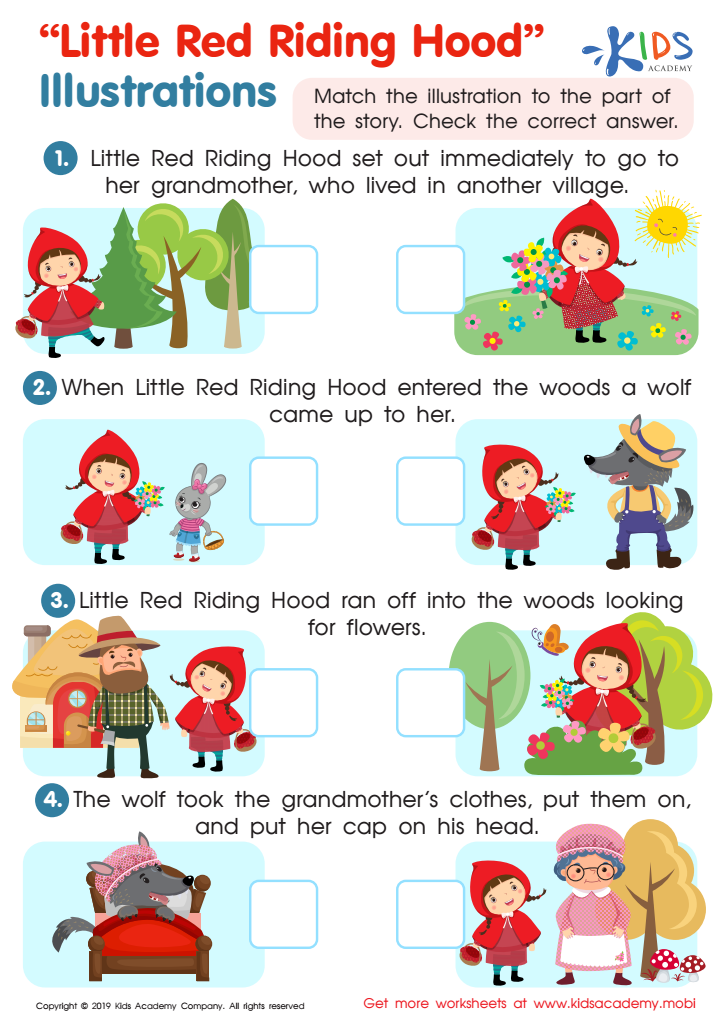

Little Red Riding Hood: Illustrations Worksheet
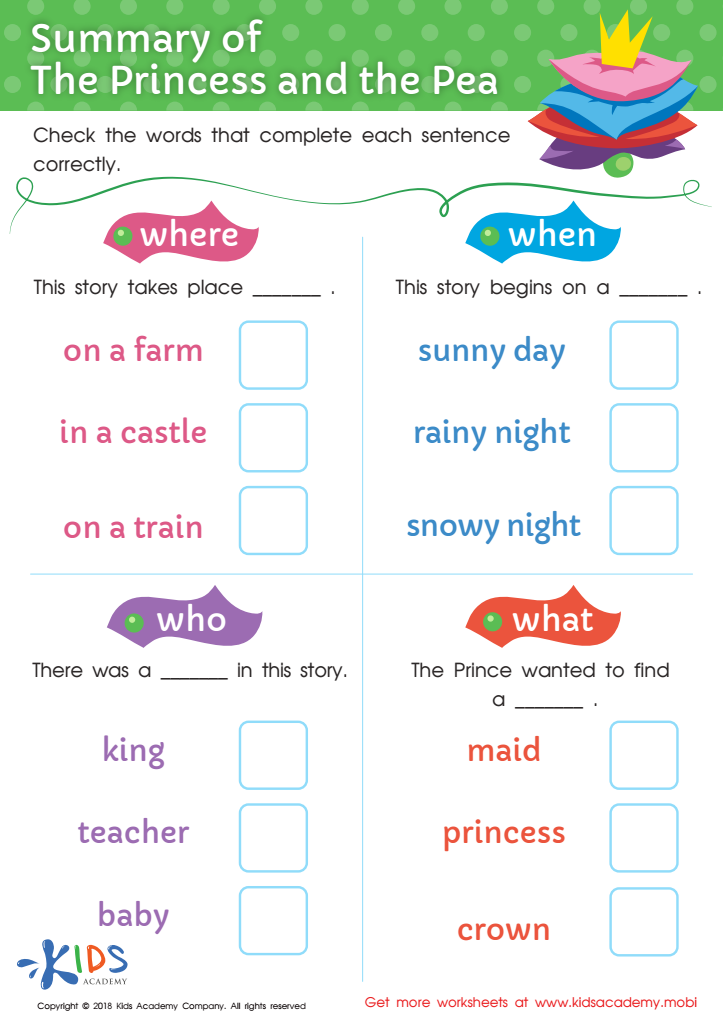

The Summary of the Princess and the Pea Worksheet
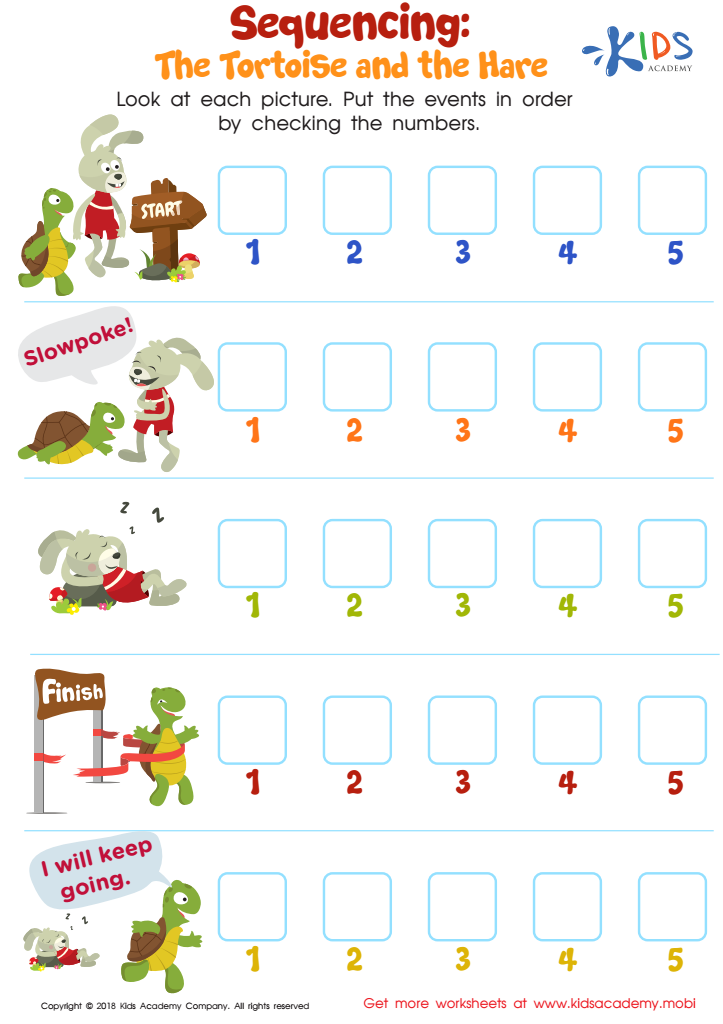

Sequencing: The Tortoise and the Hare Worksheet
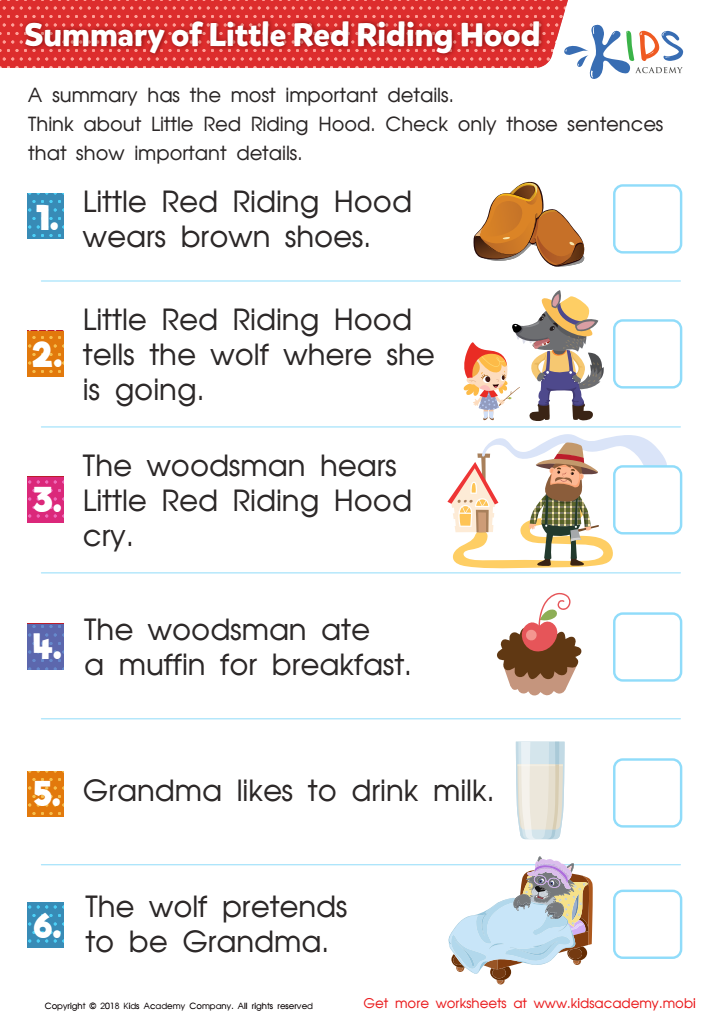

Summary of Little Red Riding Hood Worksheet
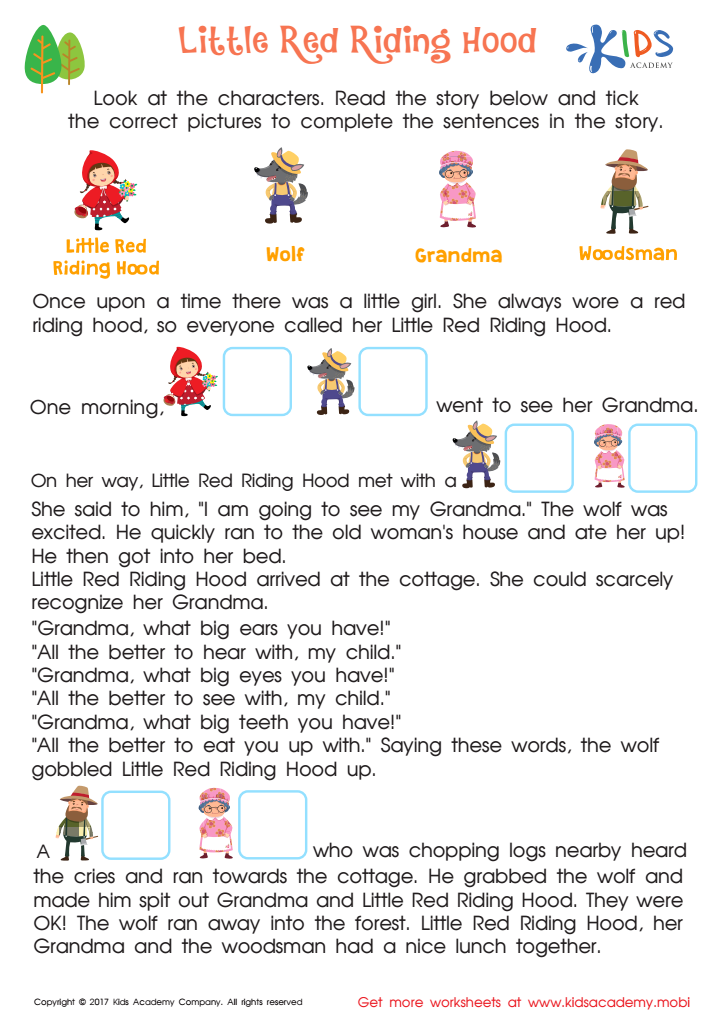

Little Red Riding Hood Printable
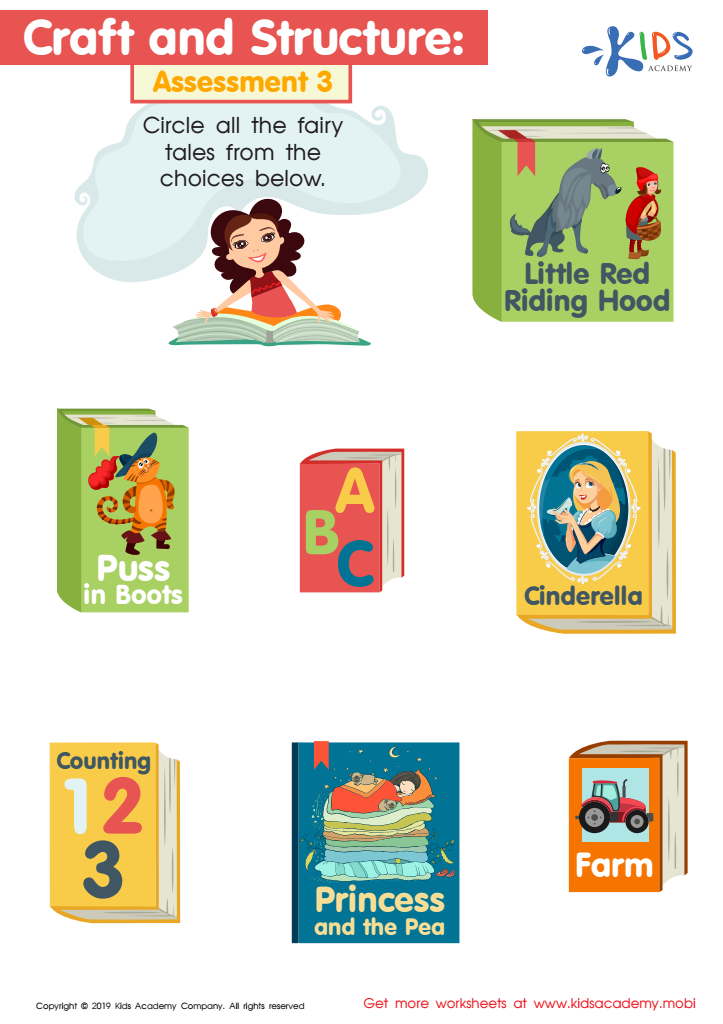

Craft and Structure: Assessment 3 Worksheet
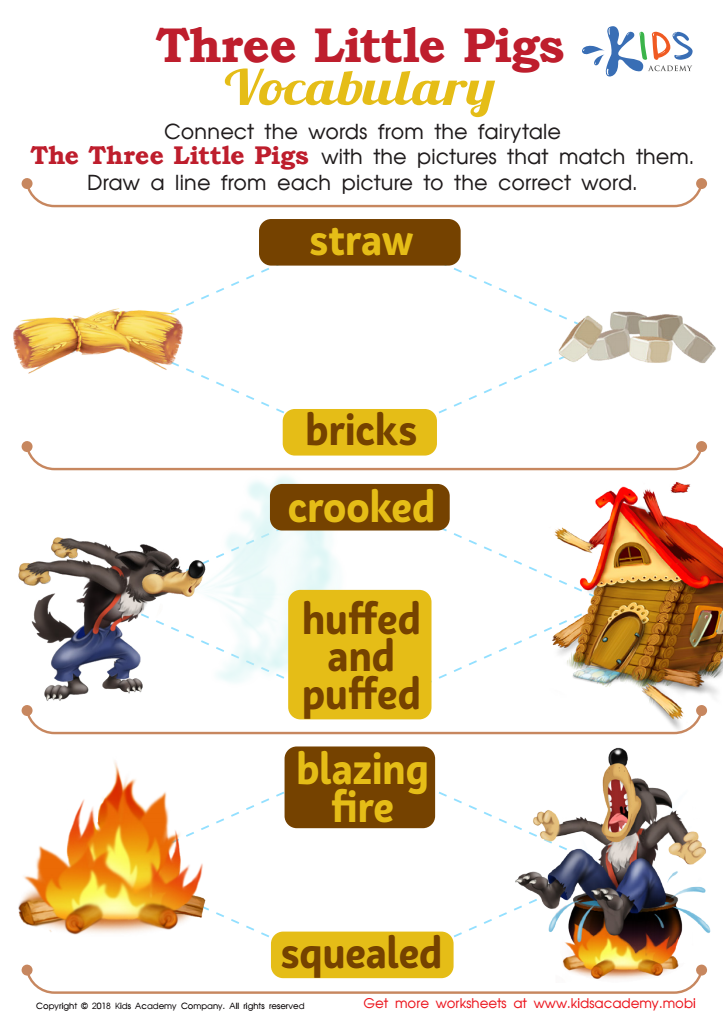

Three Little Pigs Vocabulary Worksheet
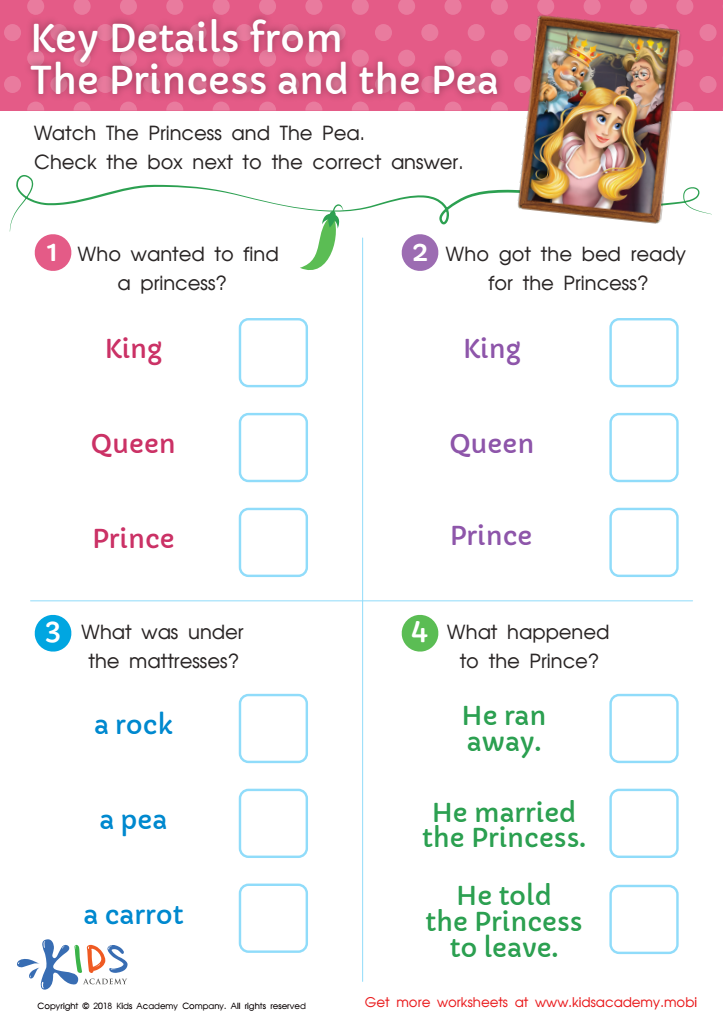

Key Details from the Princess and the Pea Worksheet
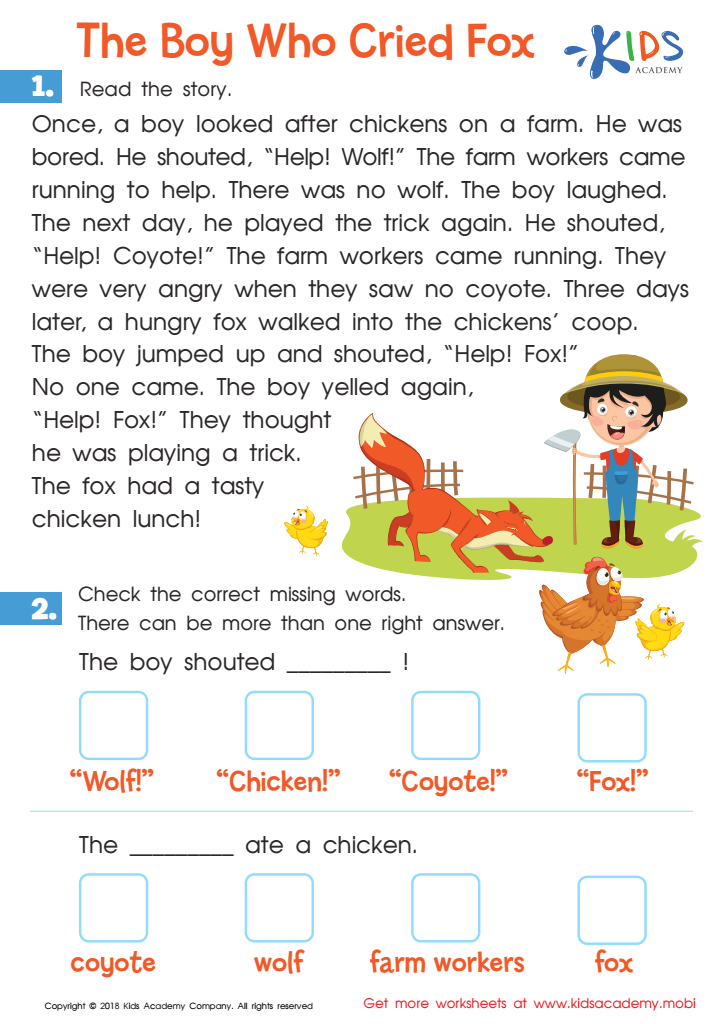

The Boy Who Cried Fox Worksheet
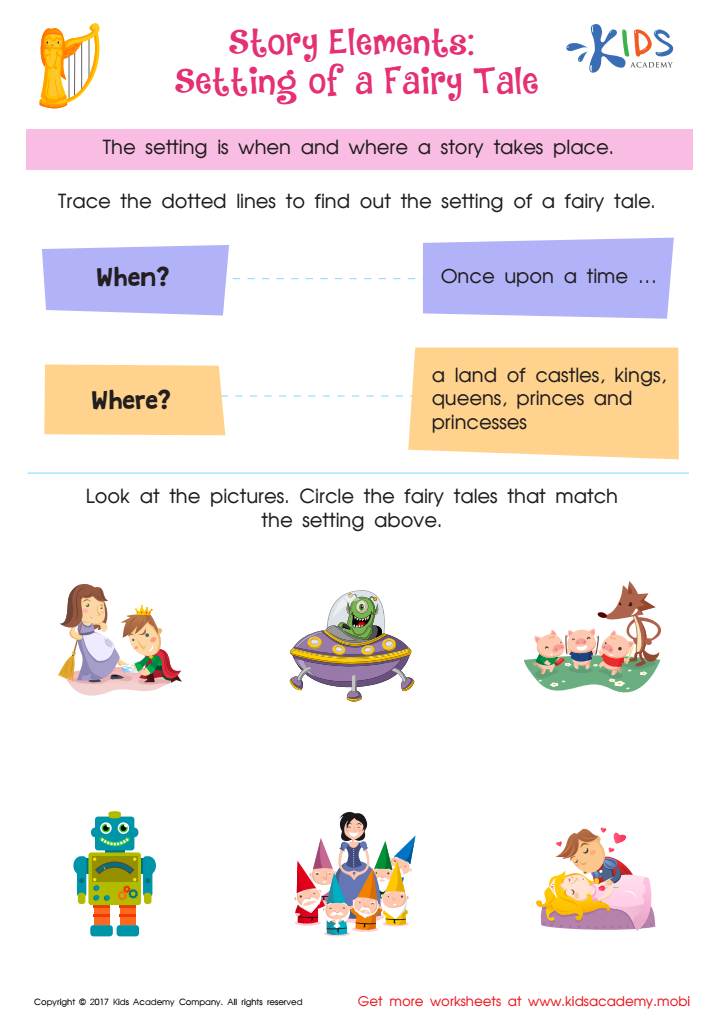

Story Elements: Setting of a Fairy Tale Printable
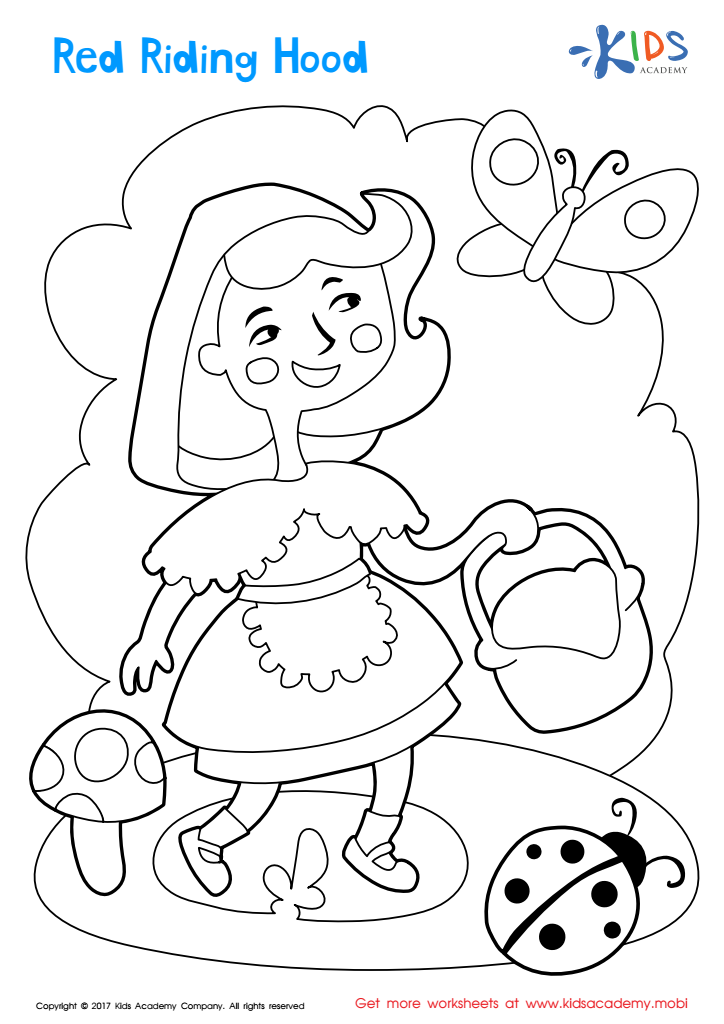

Red Riding Hood Coloring Page
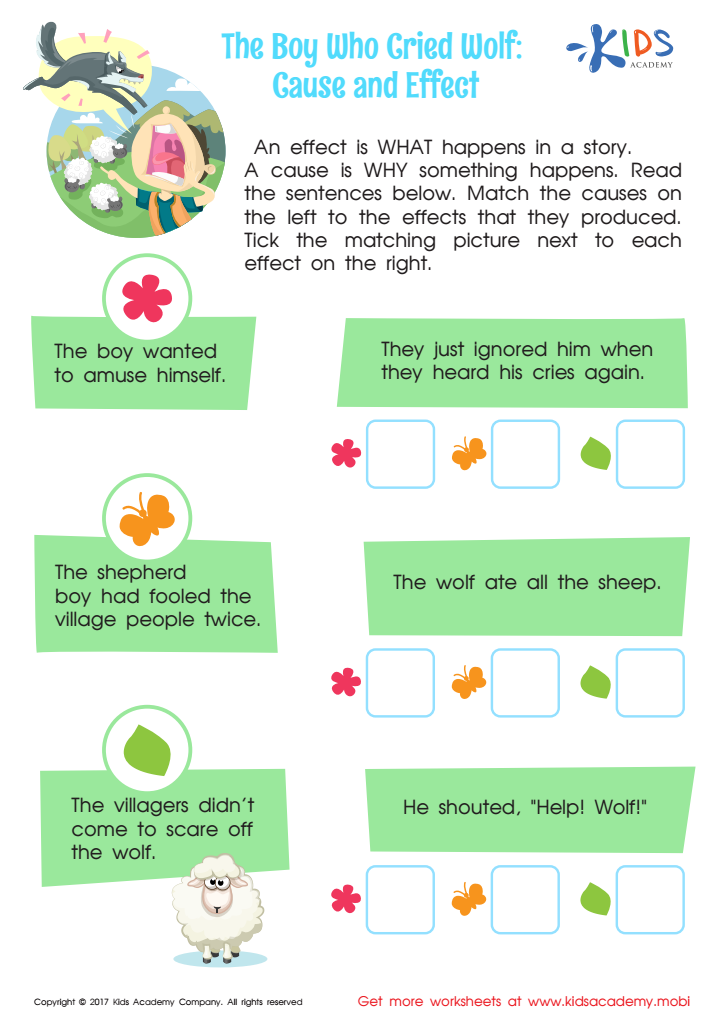

The Boy Who Cried Wolf: Cause and Effect Worksheet
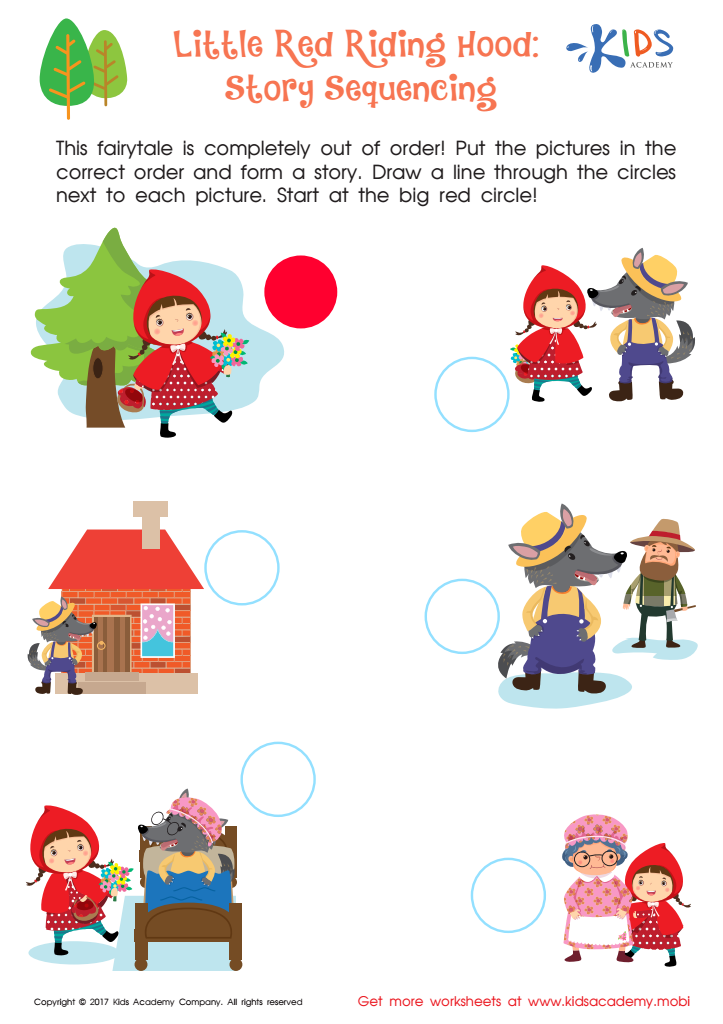

Story Sequencing Printable
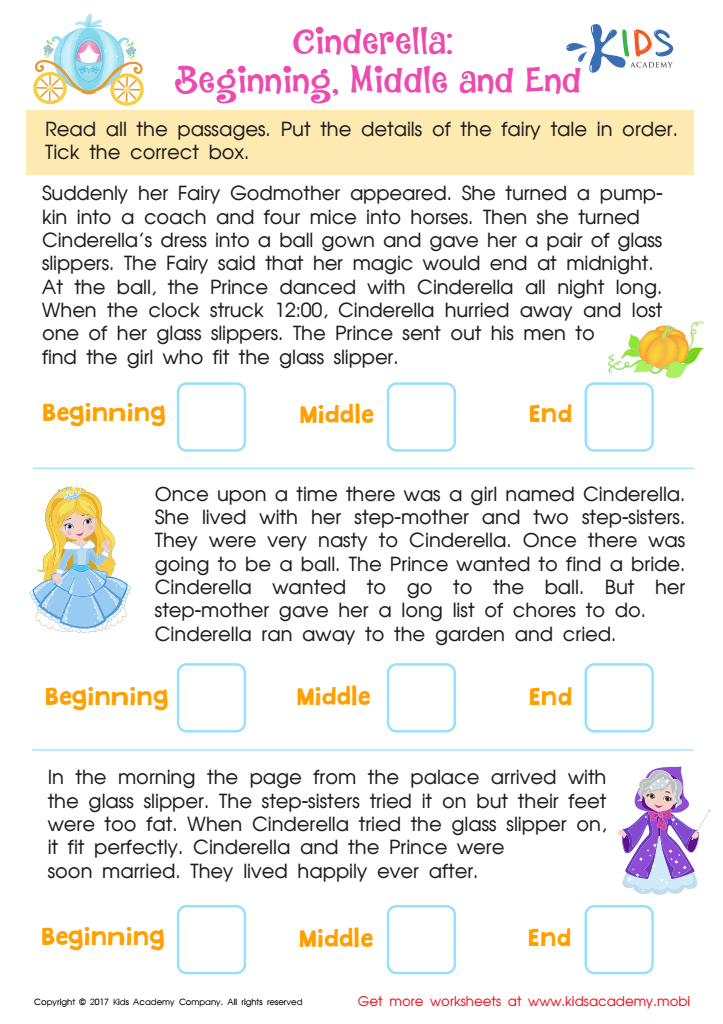

Cinderella: Beginning, Middle and End Worksheet
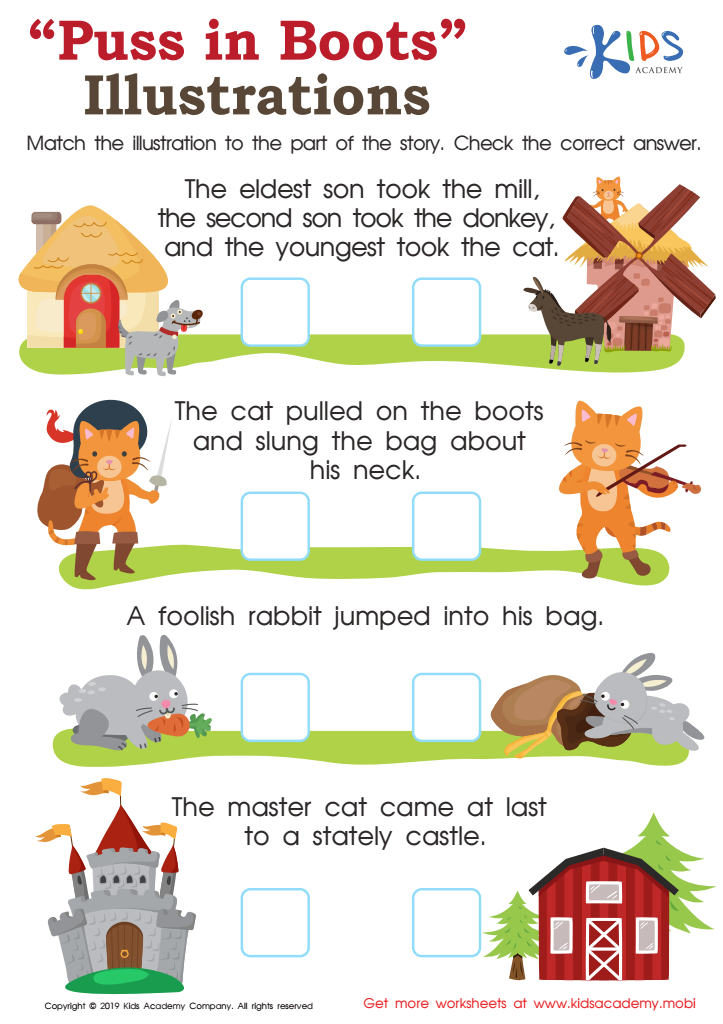

Puss in Boots Illustrations Worksheet
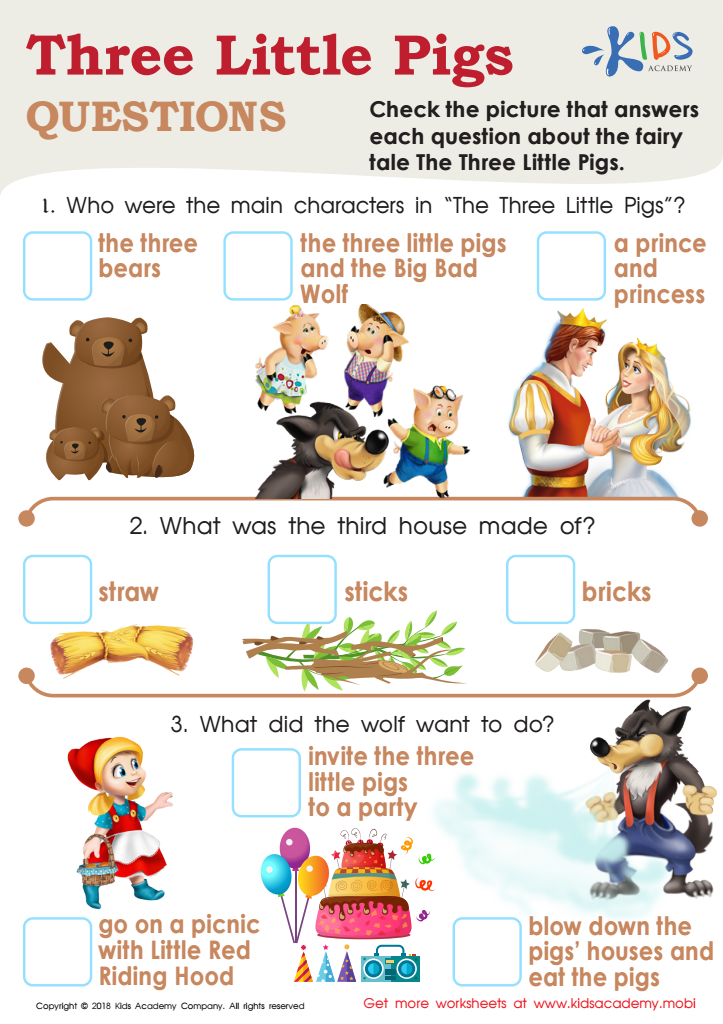

Three Little Pigs Questions Worksheet
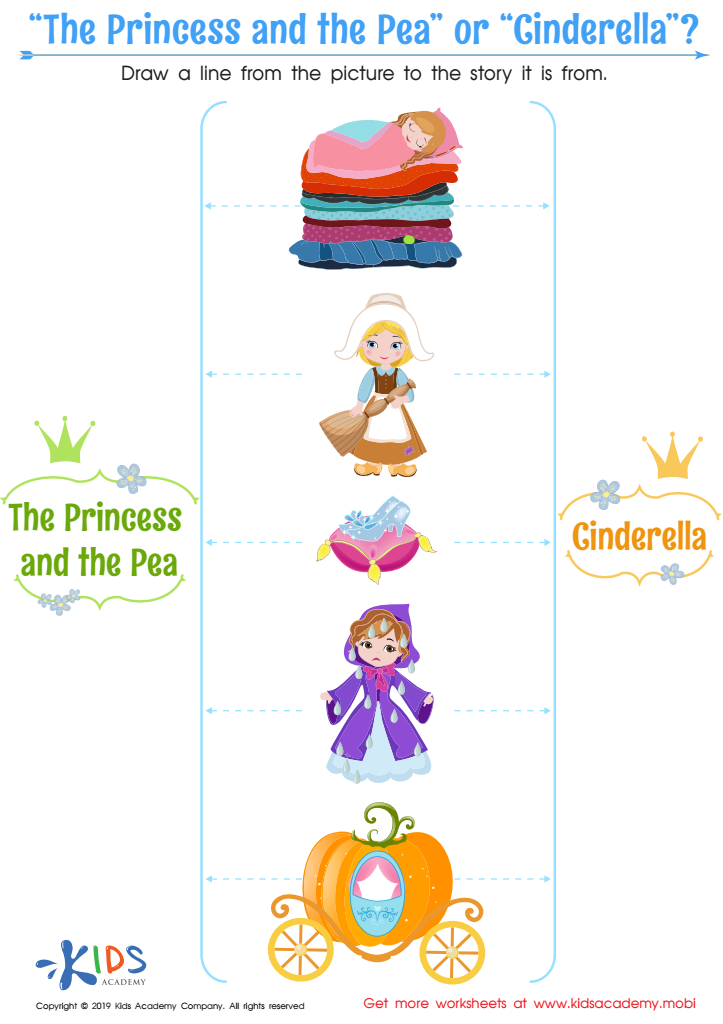

“The Princess and the Pea” or “Cinderella” Worksheet
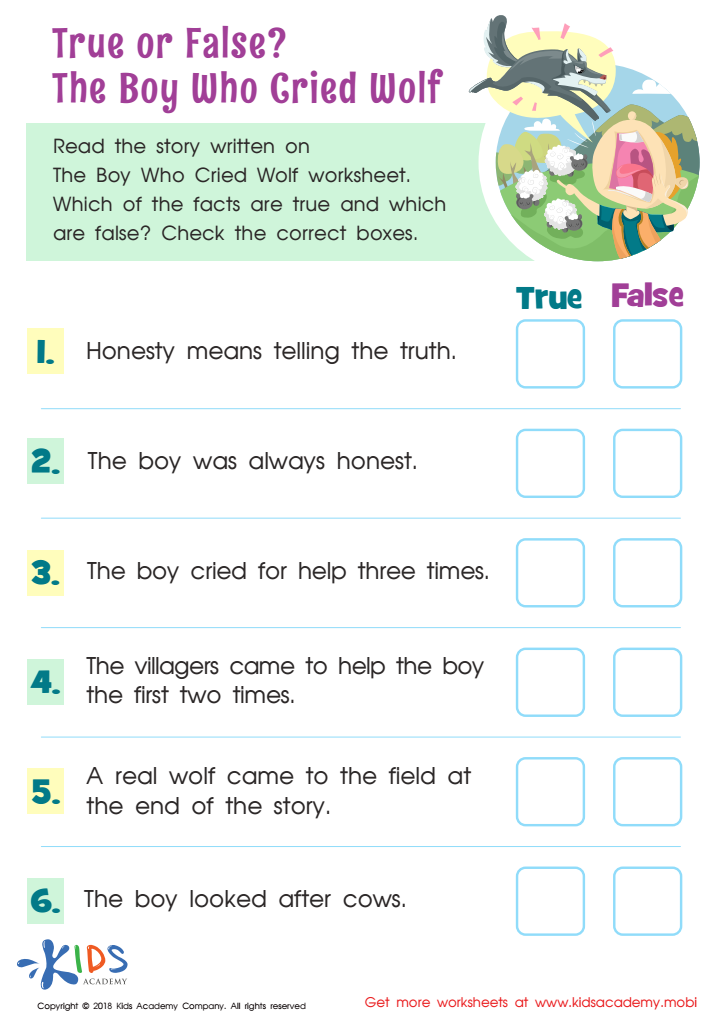

True or False? The Boy Who Cried Wolf Worksheet
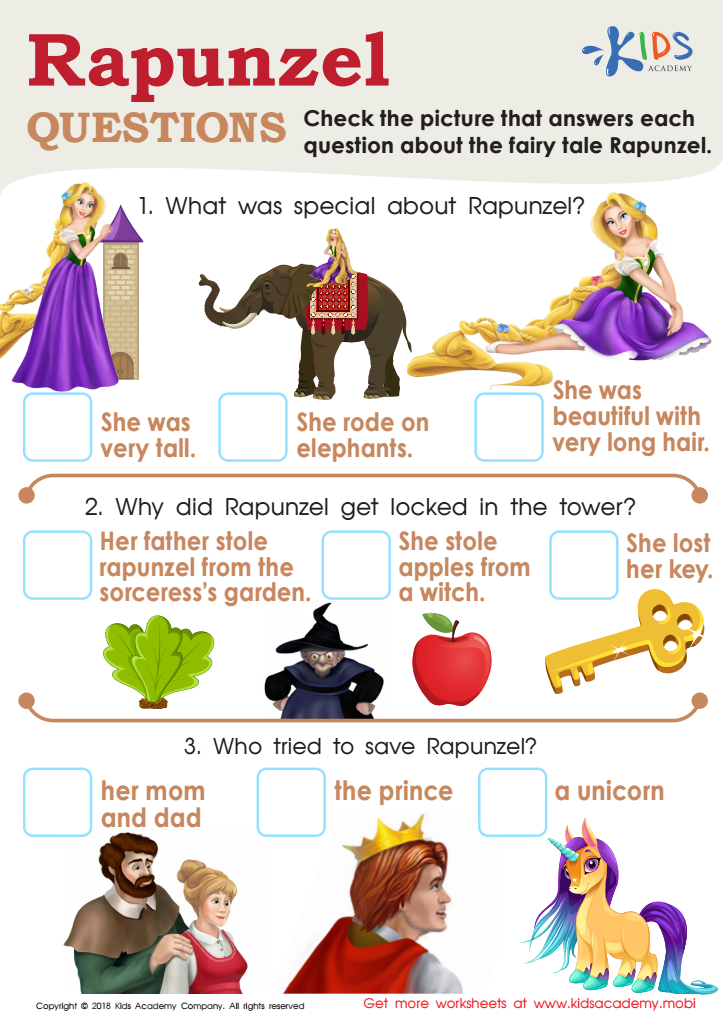

Rapunzel Questions Worksheet
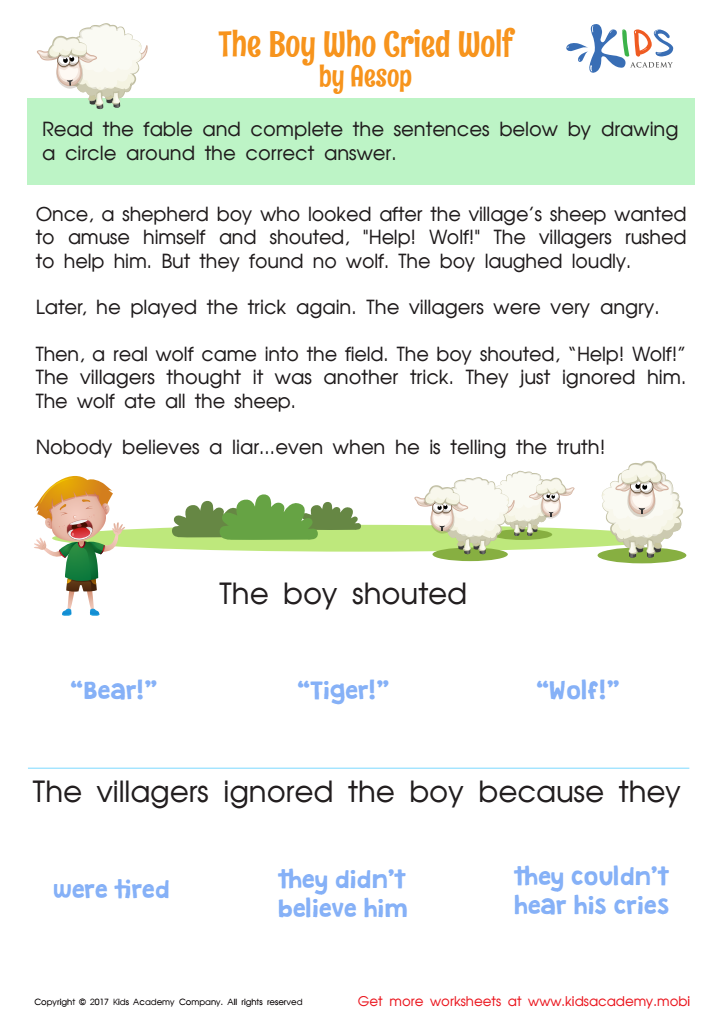

The Boy Who Cried Wolf Worksheet
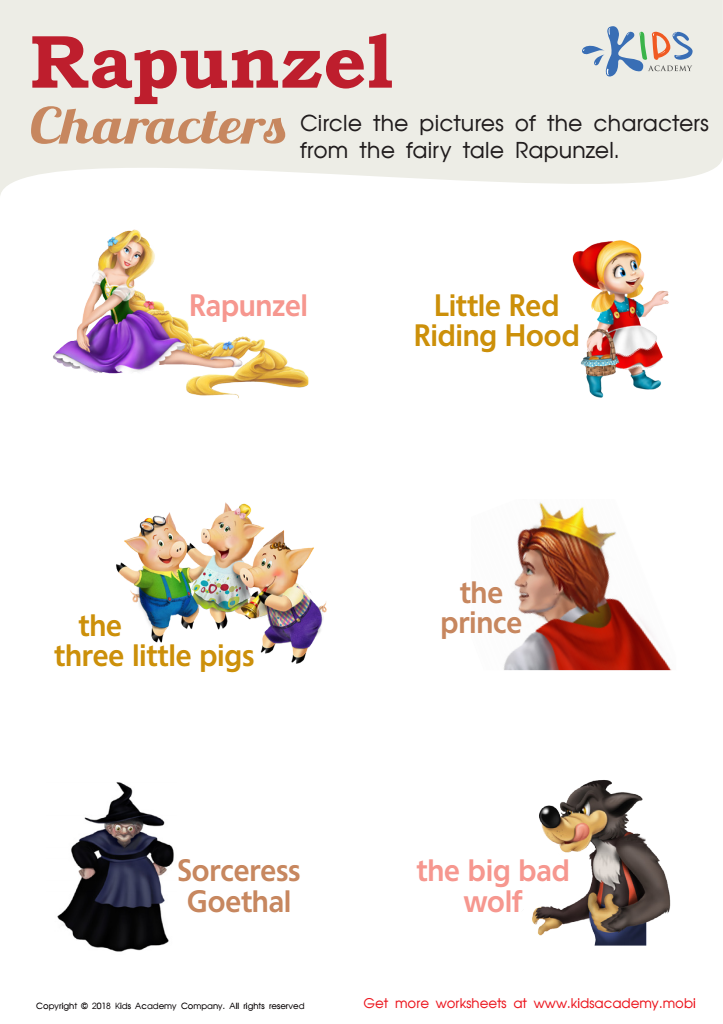

Rapunzel Characters Worksheet
Normal Fairy Tales activities for ages 3-6 are essential for several reasons. First, these activities promote early literacy skills by engaging children in storytelling, vocabulary development, and comprehension. Through the magical worlds of fairy tales, children learn to express their thoughts, anticipate story outcomes, and understand narrative structures.
Moreover, fairy tales introduce children to moral lessons, cultural values, and social norms. Activities centered around these stories encourage discussions about friendship, kindness, empathy, and overcoming challenges, laying the groundwork for emotional development. As children relate to the characters, they build social awareness and understanding of diverse perspectives.
Additionally, Normal Fairy Tales activities boost creativity and imagination. Role-playing, art projects, and interactive storytelling allow children to explore their creativity while enhancing problem-solving skills as they navigate the storylines.
Finally, engaging in fairy tales with parents and teachers fosters strong bonds and communication. Collaborative activities encourage families to participate in their child's learning journey, creating a supportive foundation for continued educational growth.
In summary, Normal Fairy Tales activities not only nurture essential academic and social skills but also promote emotional intelligence and creativity, making them a key component of early childhood education.
 Assign to My Students
Assign to My Students




